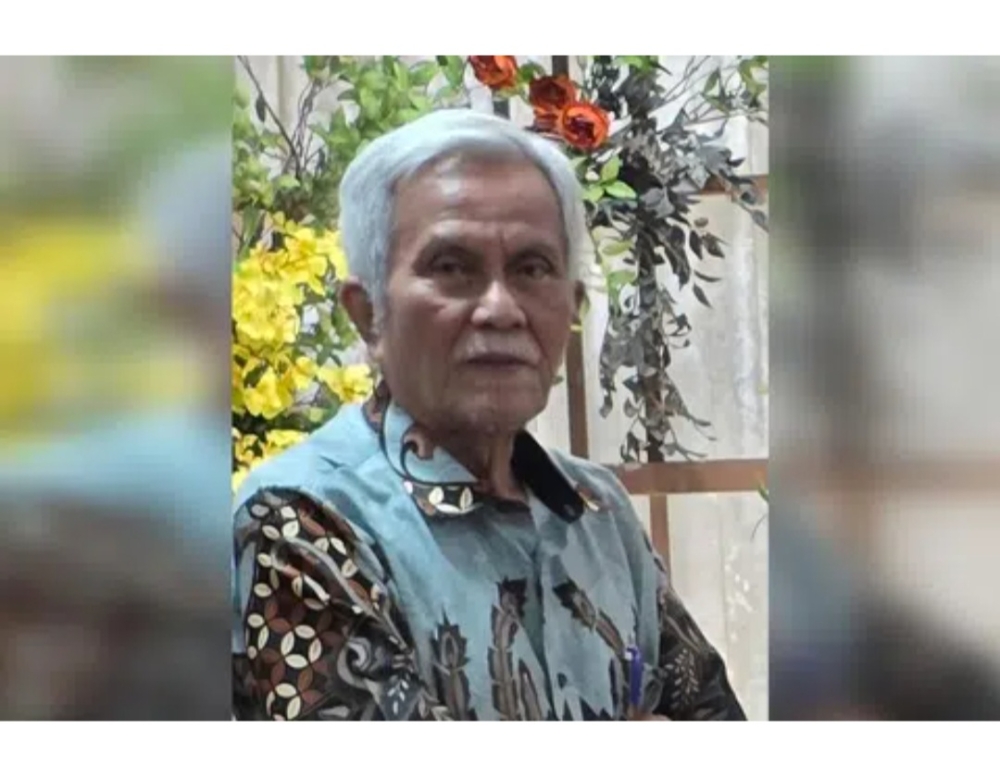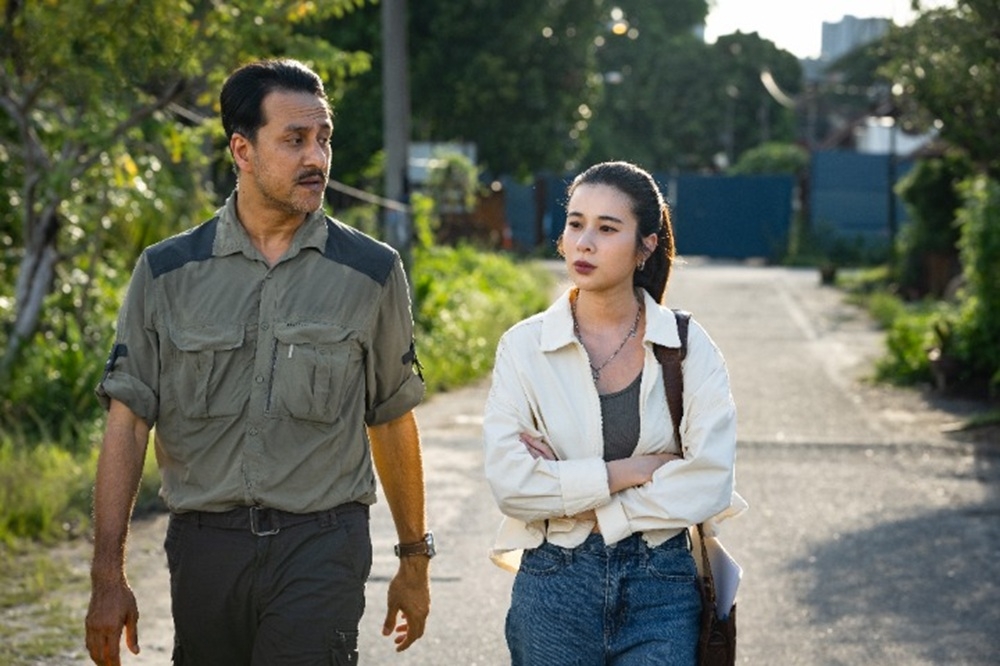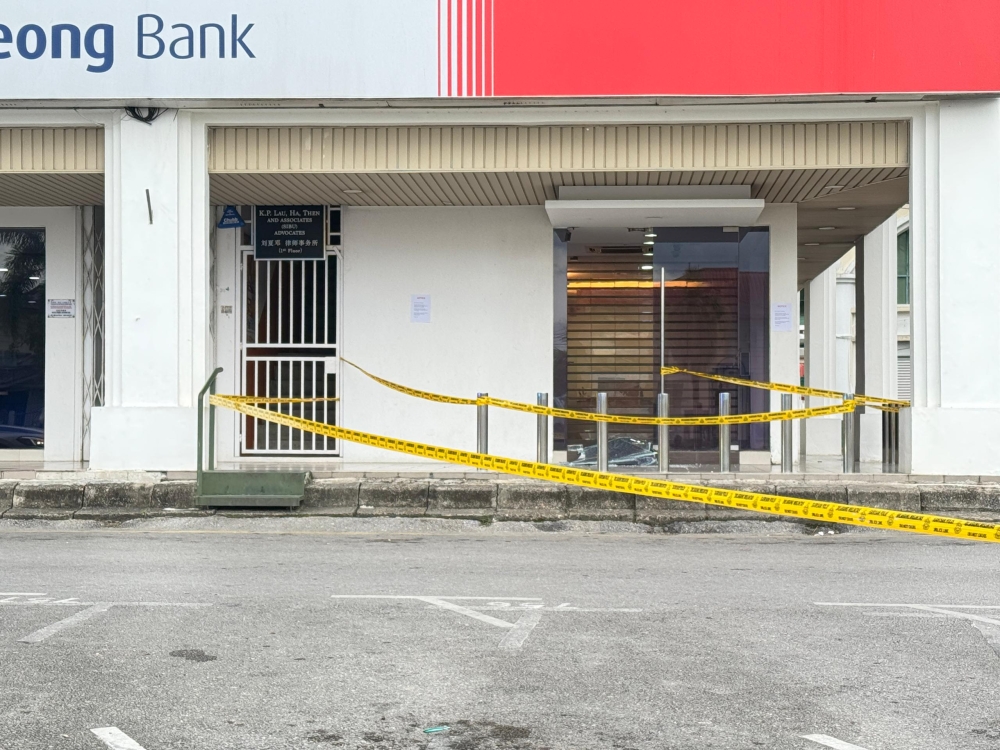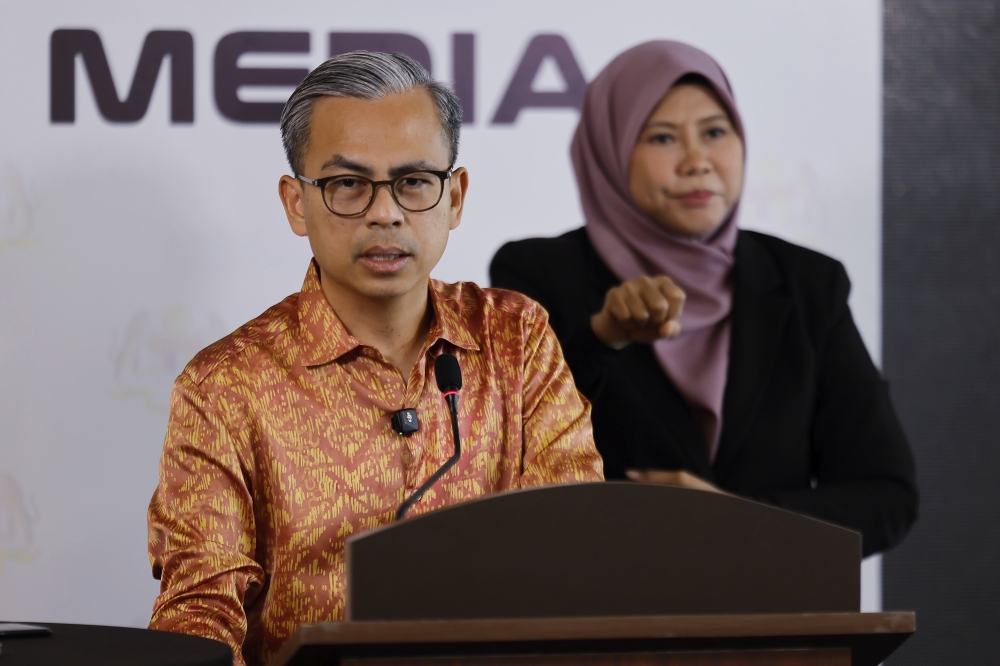KUALA LUMPUR, Jan 16 ― With the gazettement of yesterday’s Emergency (Essential Powers) Ordinance 2021, law experts warned that Malaysia could be in for a rough time with unlimited and unchecked powers concentrated in the hands of the Muhyiddin Cabinet.
Prime Minister Tan Sri Muhyiddin Yassin had announced the suspension of Parliament and all state legislative Houses as well as elections during the nationwide state of Emergency, scheduled to last till August 1.
Constitutional law expert Abdul Aziz Bari said the Ordinance has fully shielded the Perikatan Nasional (PN) administration from any legal action and effectively rendered the Opposition powerless to challenge it in court ― third arm of the government ― even if there are abuses.
“We can oppose, but that’s it. The court is powerless as its the constitution itself which allows all the breaking down of barriers and limitations which were available in a non-Emergency situation,” he told Malay Mail when contacted.
The problem with the Emergency Ordinance, he said, is that its powers are so wide.
“Also it’s not subject to checks and balances, and it may remain forever unless revoked,” said the Tebing Tinggi assemblyman who is also Perak Opposition leader.
“But the revocation might be too late after the damage has been done, which again cannot be compensated,” the DAP man added.
He said this was the reason the Pakatan Harapan (PH) coalition is opposed to the invocation of Emergency powers just to arrest the Covid-19 pandemic.

Democracy suspended
Constitutional lawyer Lim Wei Jiet expressed similar views to Aziz. He said democracy in Malaysia is practically suspended at the moment for as long as the Emergency lasts.
He added that the Ordinance also upholds Muhyiddin’s suspension of Parliament, preventing legislators from convening and questioning the Cabinet’s decisions.
“Parliament acts as a very important check because Art 150(3) of the Constitution provides that the proclamation of Emergency shall be tabled in both the House of Representatives and the Senate, so that it can either be ratified or annulled.
“By preventing Parliament from convening, the prime minister is literally circumventing the legislature from holding the executive to account in its decision on declaring a state of Emergency,” he told Malay Mail.
He also said that with the state of Emergency declared, the prime minister and his Cabinet are insulated from any attempts for their removal from office.
Muhyiddin’s support in Dewan Rakyat had waned just prior to the Emergency announcement, as two Umno MPs ― Datuk Ahmad Jazlan Yaakub of Machang and Datuk Seri Nazri Aziz of Padang Rengas ― had openly declared they did not back him nor his PN government any more. Their withdrawal left the PM with only 109 out of 220 MPs. Two seats are vacant as their incumbents died.
Lim said that while the judiciary continues to function, what is seen today is that one of the provisions in the Ordinance effectively usurps the court’s right to hear land acquisition cases.
“Now, the value of properties possessed by the government will be done by someone appointed by the Yang di-Pertuan Agong, no longer the courts.
“There is hence an overwhelming, almost unlimited, concentration of power in the executive,” he added.
Asked if the Emergency Ordinance “made sense”, Lim replied that it does only if one wanted total control over the country with no accountability.
.jpg)
Unnecessary Emergency
Like Lim, fellow lawyer Surendra Ananth said the Emergency Ordinance 2021 has put the brakes on democratic practices in the country with Section 14 preventing Parliament from convening throughout this period.
“This is inconsistent with article 150 itself. Clause (3) makes it mandatory for any Emergency proclamation and ordinances made by the Yang di-Pertuan Agong to be laid before Parliament.
“To suspend Parliament throughout the Emergency would be to render that clause otiose,” said the Kuala Lumpur Bar Practice Reform Committee chairman.
Otiose means serving no practical purpose or result.
Surendra also said the government did not have to invoke the Emergency to contain the pandemic.
“Public health is not a ground to declare an Emergency under Article 150 [of the Federal Constitution],” he said.
However, the government had cited Covid-19 as a threat to Malaysia’s economy as a reason for the Emergency.
Salim Bashir, president of the Malaysian Bar, expressed apprehension at the powers granted to the Armed Forces during this Emergency period.
“As provided under Section 7(1) of the Ordinance, as long as the Emergency is in force, the armed forces will have the authority to arrest and detain, and possess the right of a police officer under the Criminal Procedure Code, as well as the authority vested in them under the Armed Forces Act 1972.
“We are concerned about the excessive use of powers by the armed forces when carrying out their duties,” he said in a statement last night.
He pointed out that while police officers are trained in handling civilians and day-to-day disputes, soldiers do not have that experience.
Salim said the Bar hopes the government will respect individual rights during the Emergency and in the course of implementing the Ordinance.
“The rule of law is not some kind of receding mirage, but a fountain from which the nation draws its sustenance. Emergency or not, it forms the basis of a democratic system.
“In light of the above, the Malaysian Bar calls upon the government to exercise its executive powers to only such an extent that is necessary to meet the particular needs of handling the Covid-19 pandemic, while upholding the rule of law and democratic rights of its citizens,” he added.
Airing his views on the Ordinance, co-chair of the Bar Council Constitutional Law Committee, Andrew Khoo said the Ordinance failed to provide full details of the independent special committee.
“Specifically no mention of its scope, powers, membership, terms of reference.
“The high amount of fines is also very unusual and surprising,” he told Malay Mail.
He added that the Ordinance suspends Parliamentary democracy in Malaysia, and puts the entire system of accountability, checks and balances in limbo.
When asked regarding an “expiriy” date of the Ordinance, Khoo said there is one.
“An end date IS specified in the proclamation. August 1, 2021. But this does not mean it can’t be ended earlier or extended,” he said.
* A previous version of this story contained an error with regards to Andrew Khoo’s comments on Emergency Ordinances, which has since been corrected. We apologise for any inconvenience this may have caused.
















.JPG)


